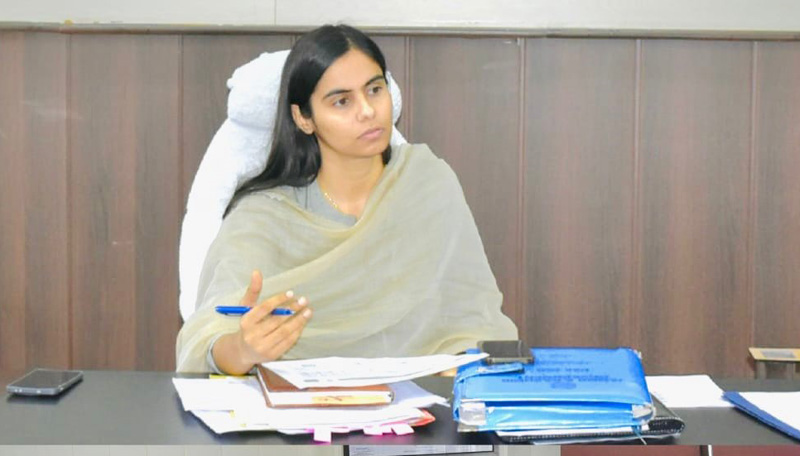India is making a decisive move to build an AI-ready generation with the launch of the Skilling for AI Readiness (SOAR) programme by the Ministry of Skill Development and Entrepreneurship (MSDE) in July 2025. Introduced alongside the ten-year milestone of the Skill India Mission, SOAR aims to embed artificial intelligence education into India’s school and training systems—preparing students and teachers alike for an increasingly digital and automated world.
Targeting students from classes six to twelve and educators across the country, the programme offers three 15-hour learning modules for students and a 45-hour module for teachers. These cover foundational AI and machine learning concepts, data literacy, and the ethical use of technology. By introducing AI at the school level, SOAR seeks to spark curiosity, encourage responsible innovation, and equip young learners with the skills essential for the workplaces of the future.
The initiative supports the government’s vision of a self-reliant, technology-driven economy under Atmanirbhar Bharat. As AI transforms sectors like healthcare, finance, manufacturing, and education, the demand for skilled professionals has surged. SOAR directly addresses this by ensuring that students go beyond digital literacy to gain practical, employable AI skills for emerging industries.
To further this goal, the Union Budget 2025–26 has allocated ₹500 crore to establish a Centre of Excellence in Artificial Intelligence for Education. The centre will develop AI-based learning tools, create multilingual AI resources in Indian languages, and promote innovative classroom practices that move education “from chalkboards to chipsets.” It will also strengthen AI curricula in technical institutions and complement ongoing efforts by IITs and AICTE-approved colleges that already offer advanced courses in machine learning, deep learning, and data analytics.
This initiative complements the National Education Policy (NEP) 2020, which advocates the inclusion of modern subjects like AI in school curricula. The Central Board of Secondary Education (CBSE) has already introduced AI as a subject for Class IX from 2019–20 and extended it to Class XI from 2020–21, emphasizing hands-on, skill-based learning.
The Skill India Mission is also integrating AI into vocational and professional training through programmes such as Pradhan Mantri Kaushal Vikas Yojana (PMKVY) 4.0, National Apprenticeship Promotion Scheme (NAPS-2), and the Skill India Digital Hub (SIDH). Between 2022–23 and 2025–26, 1,480 apprentices have been trained in AI-related roles like AI Data Engineer and Machine Learning Engineer under NAPS-2.
Ultimately, the SOAR programme contributes to the national vision of Viksit Bharat @2047, fostering a skilled, future-ready population. By empowering both students and educators, and by expanding access to digital learning through platforms like SIDH, SOAR helps bridge the urban–rural digital divide—ensuring that every learner in India can participate in and benefit from the AI-driven future.













